
On August 4-5, 2022, The Global Leadership Summit will be broadcast LIVE in HD from the main campus outside of Chicago, to both an online audience and in-person gatherings at 500+ premier host sites across the U.S. and Canada.
When you get your tickets to attend by August 23, you also get one FREE ticket to The Global Leadership Summit: Special Edition half-day event taking place on February 24, 2022.
Limited-Time Offer Through August 23, 2021

Lowest GLS22 Rates
Get your tickets for The Global Leadership Summit taking place on August 4-5, 2022, at the lowest rate of $139! (Regular rate: $229)
+ FREE Gift
Just for getting your ticket before August 23, we’ll give you a FREE ticket to attend The Global Leadership Summit: Special Edition half-day event taking place on February 24, 2022 (Regular rate: $79)
That’s two events for only $139—Yes, that’s $169 in savings!
(Regular rates for both events would normally be $308.)
Get Tickets & Save >>
What to Expect
Both GLS22 and the GLS: Special Edition include a world-class leadership faculty who will deliver their wisdom and perspective to help you thrive personally and professionally.
- February 24, 2022—The Global Leadership Summit: Special Edition
We’re excited to announce the return of senior pastor of Life.Church, Craig Groeschel, who will be joined by entrepreneur and Financial Times columnist, Margaret Heffernan and #1 New York Times best-selling author, Daniel Pink, among others! - August 4-5, 2022—The Global Leadership Summit
Stay tuned for an exciting announcement about our featured faculty for the premier leadership event of 2022!




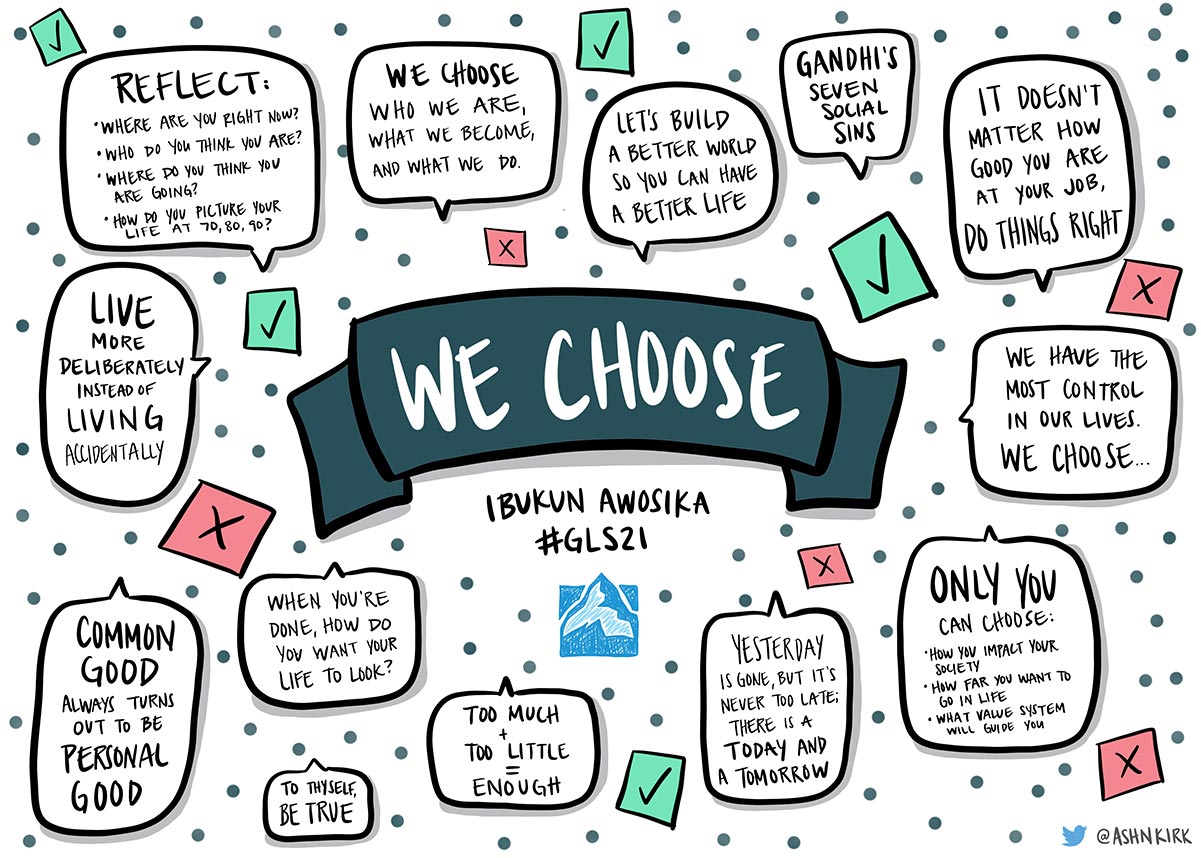

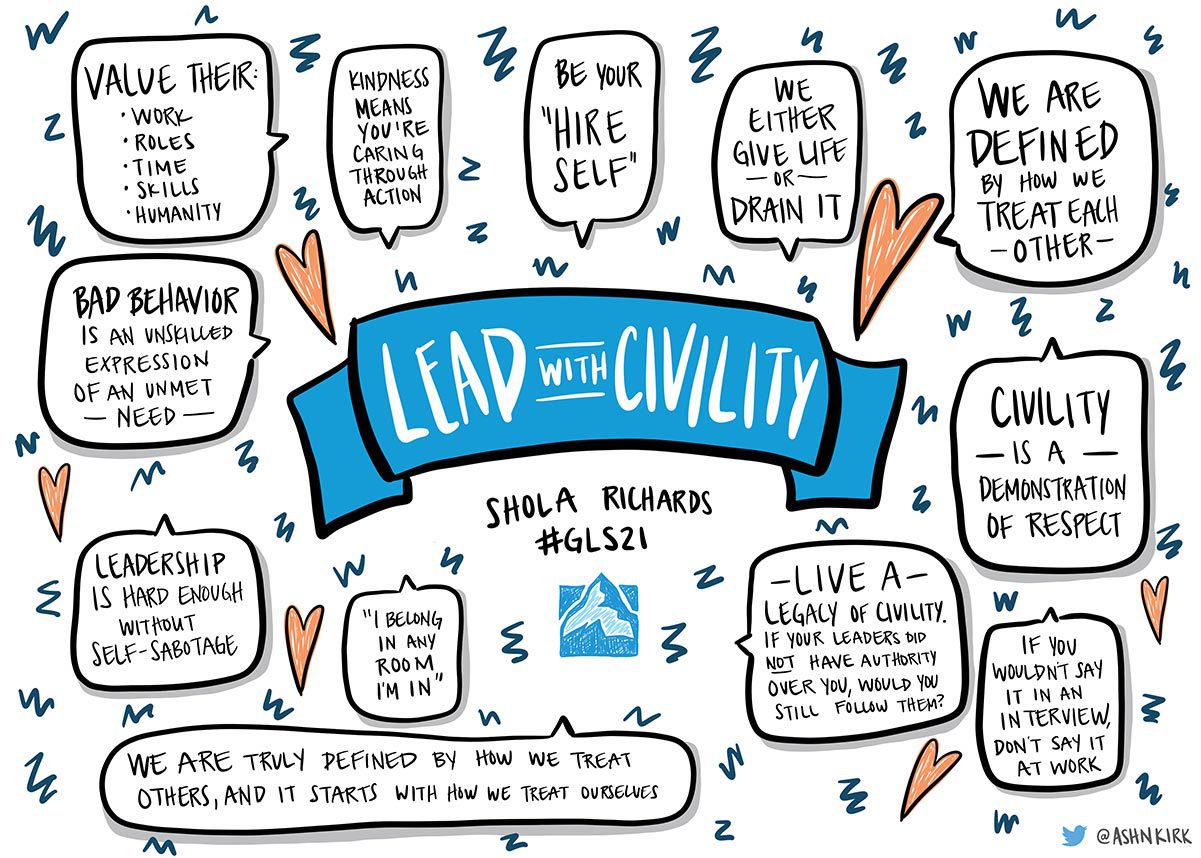

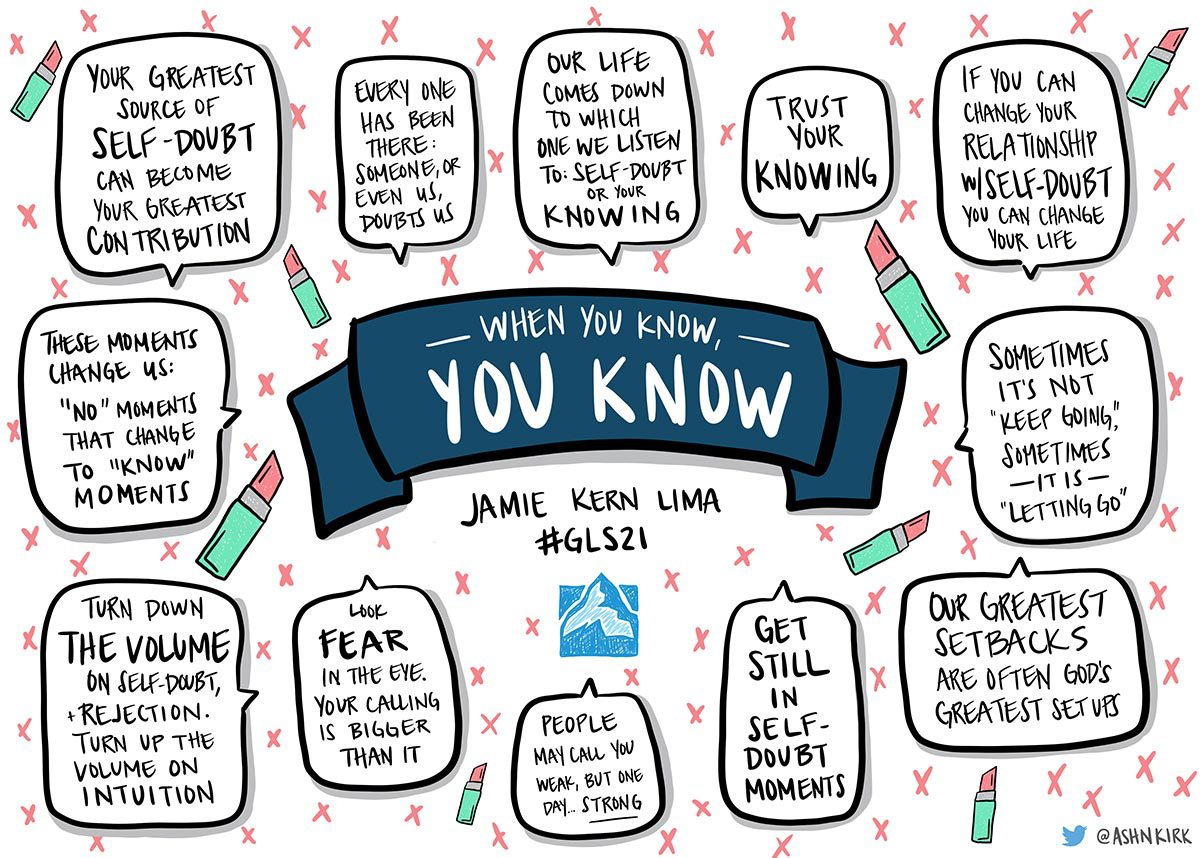

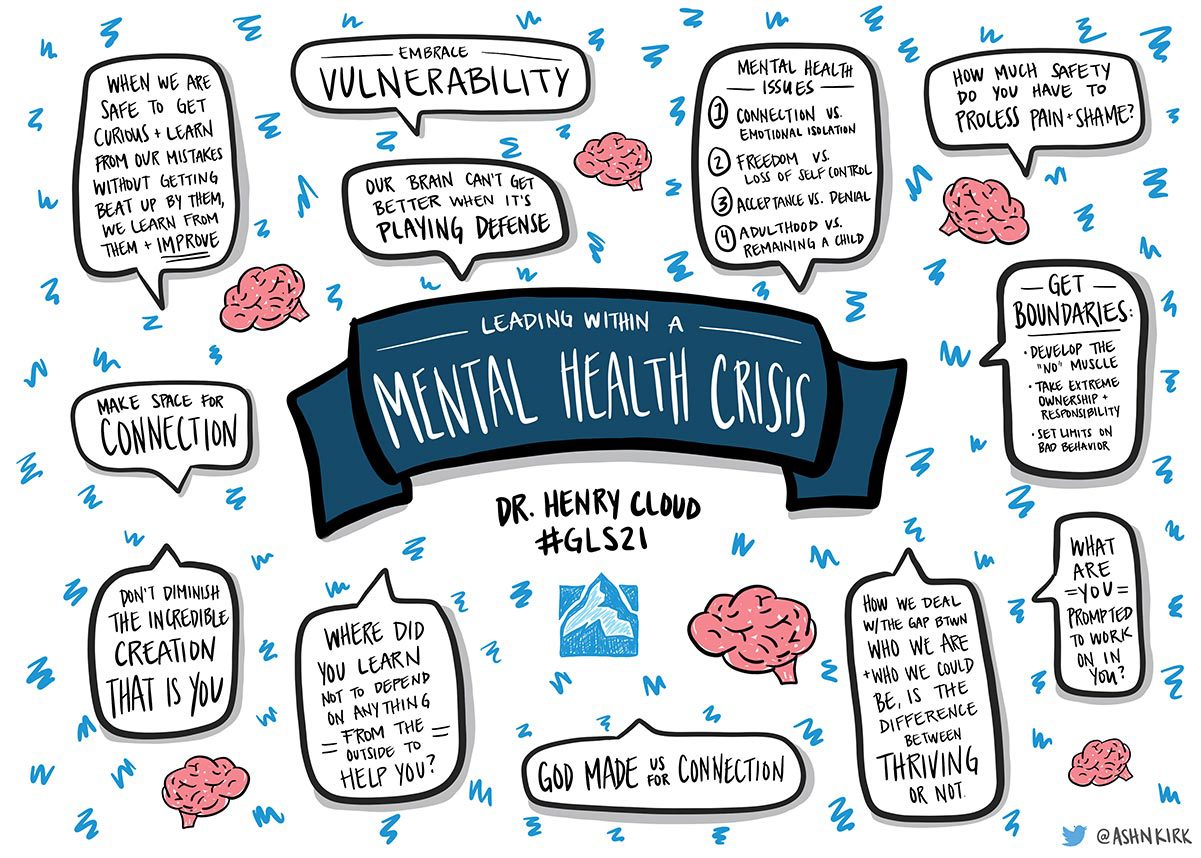

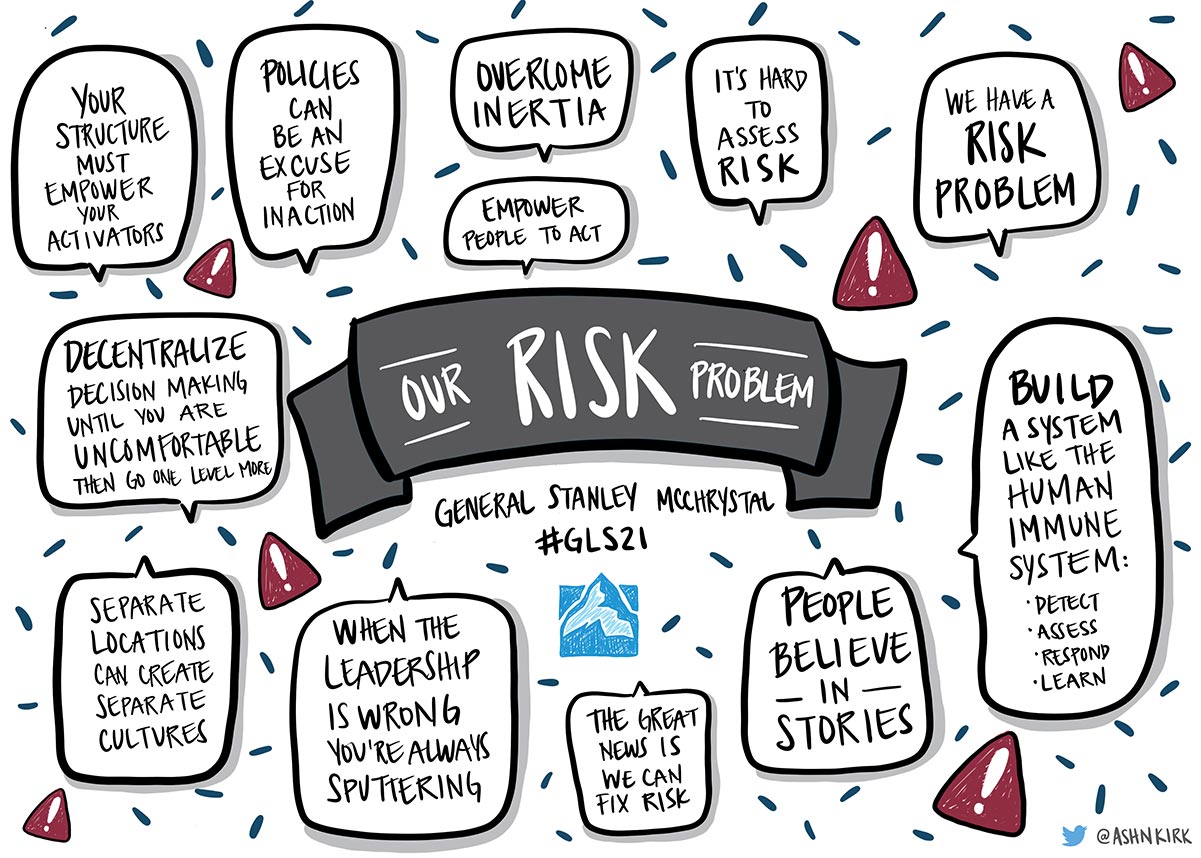

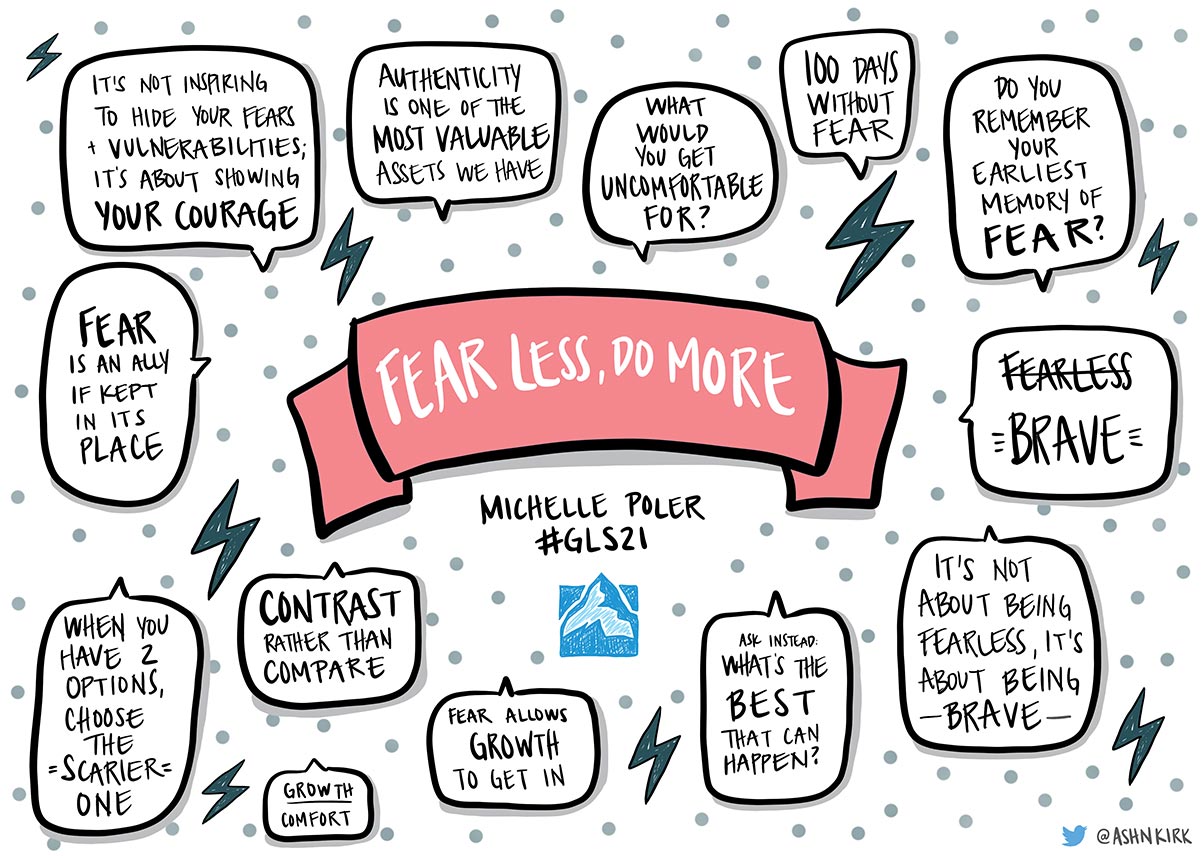

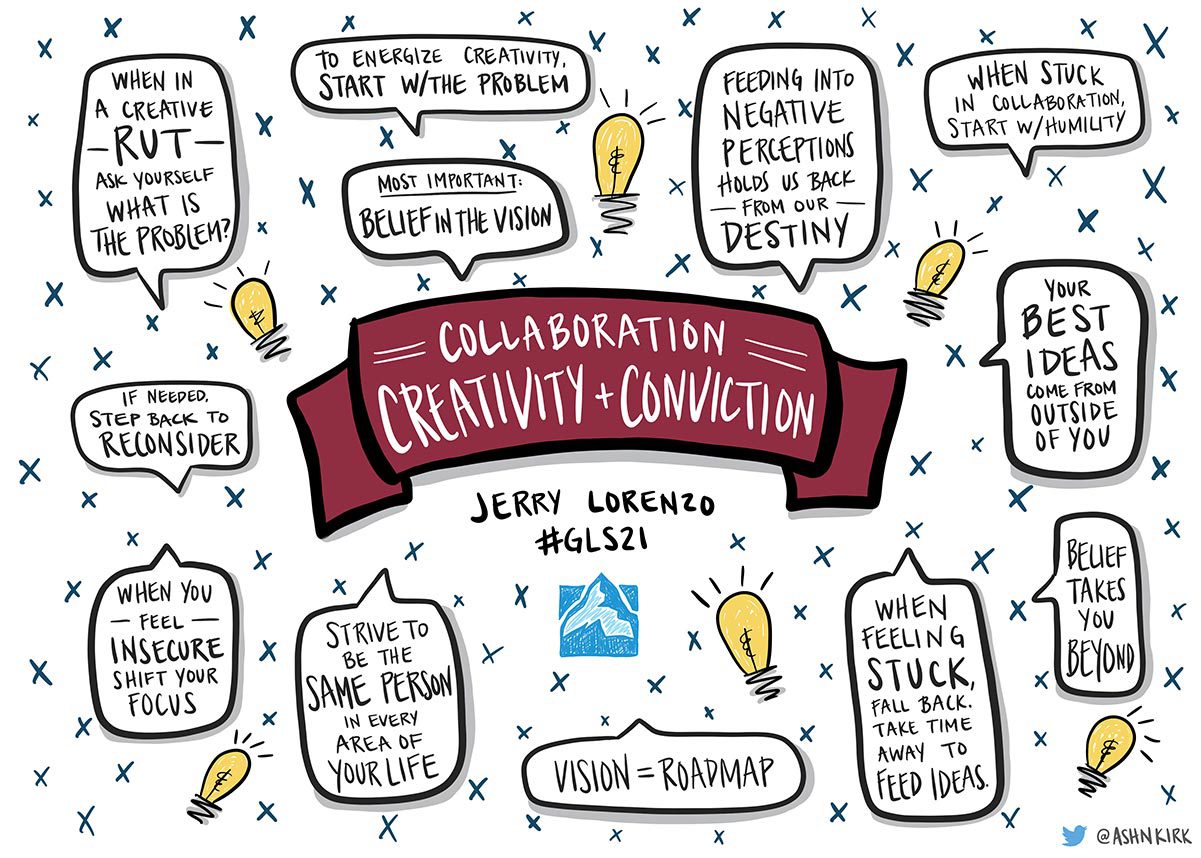
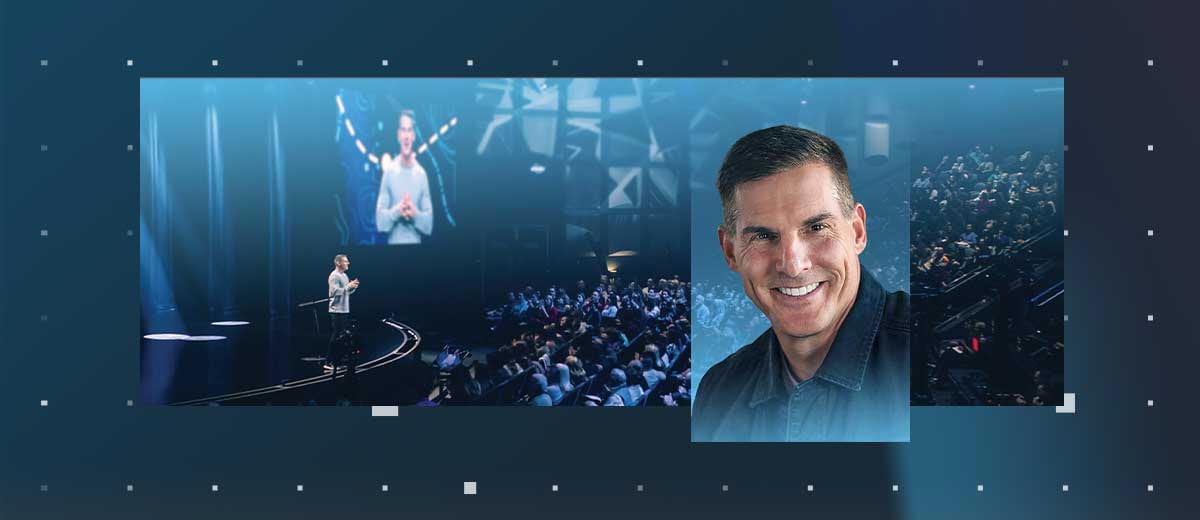

Recent Comments